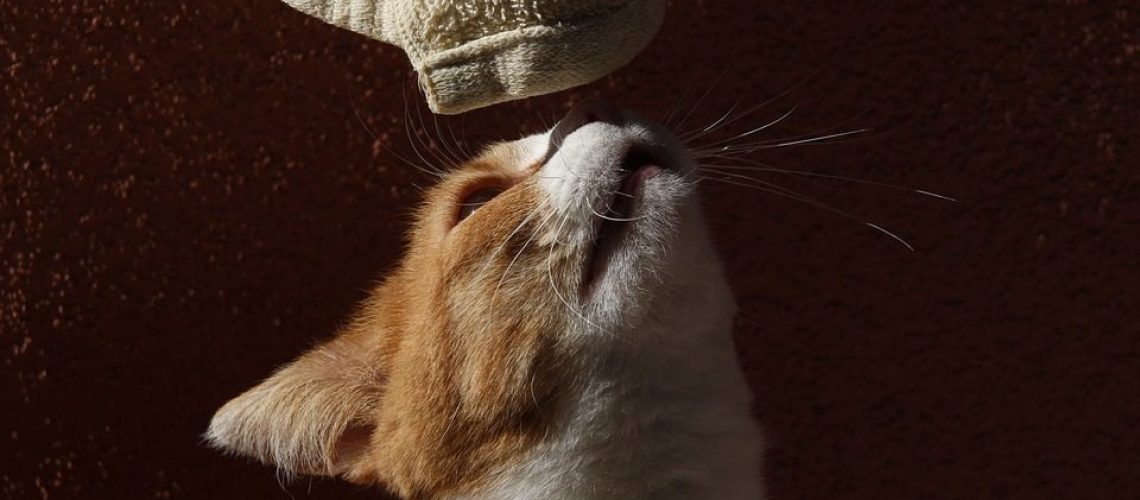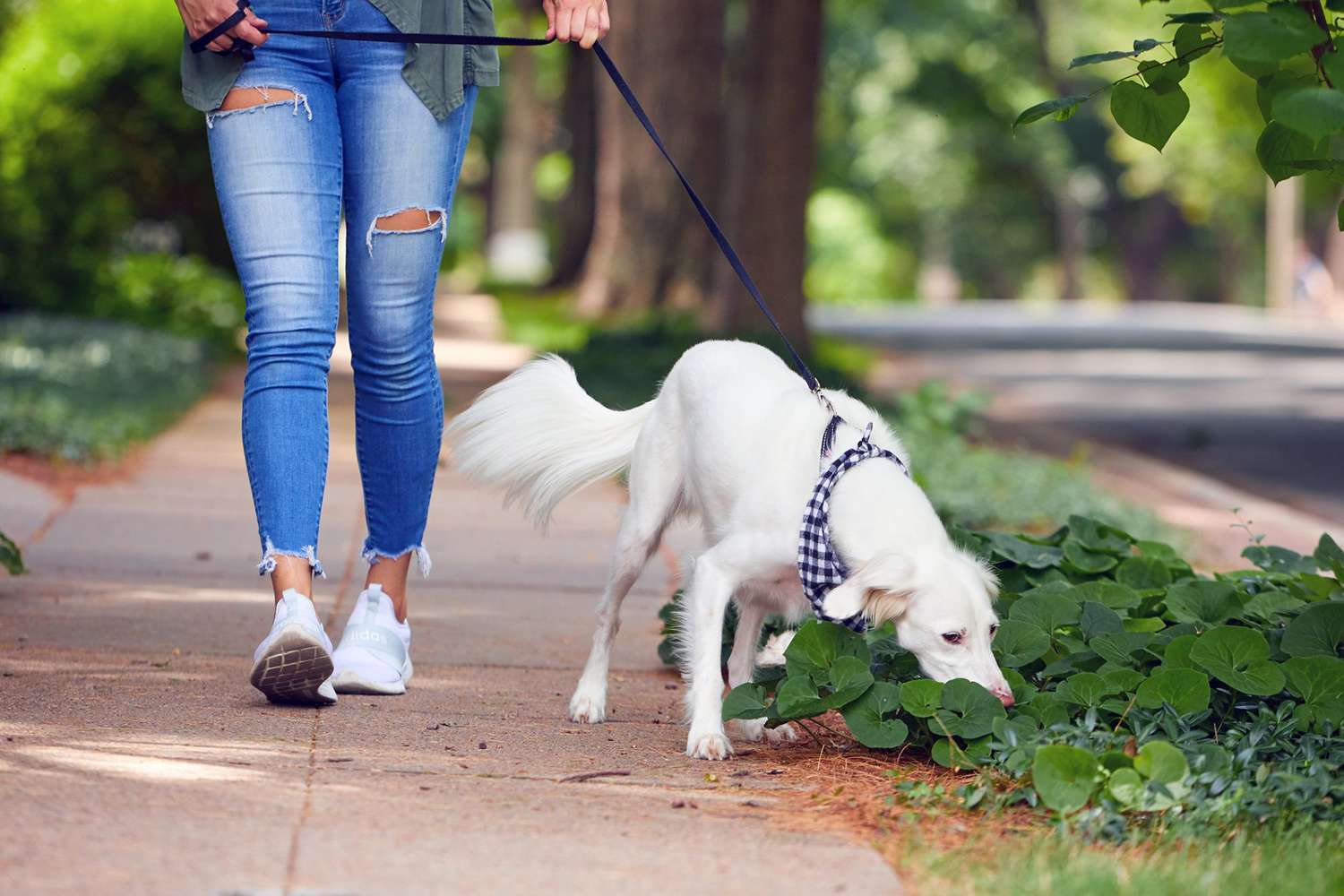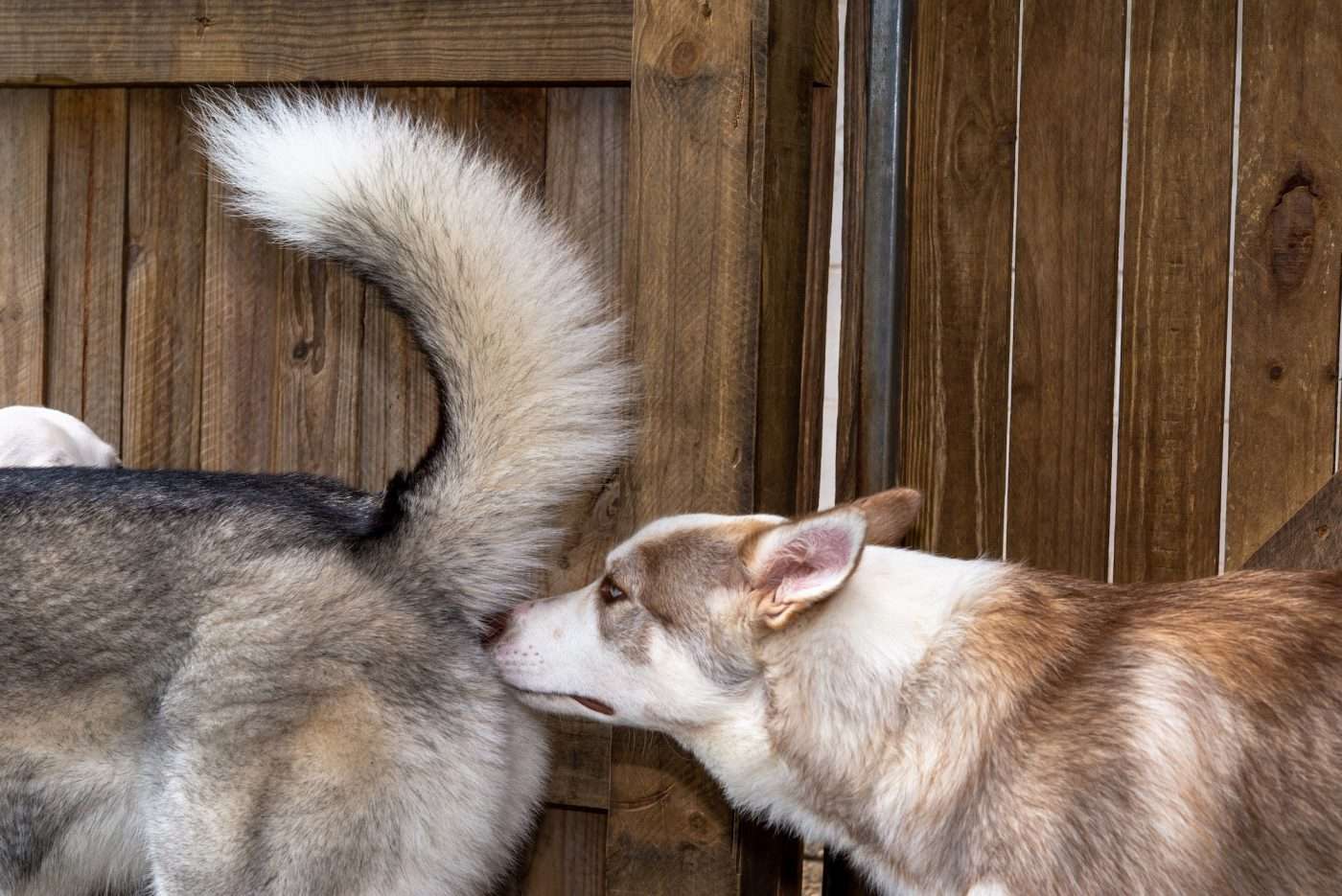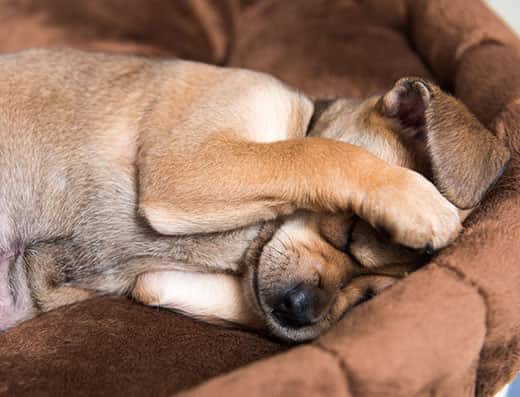Have you ever felt that your cat has a special connection with your face? If you have seen your cat sniffing your face or licking your face, then don’t worry because it is just a sign of affection.
5 Key Takeaways:
- Communication Tool: Cats use their sense of smell as a primary communication tool, gathering information about their environment and the beings in it.
- Greeting Gesture: Just as humans greet with a handshake or hug, cats sniff faces as their own unique way of saying "hello."
- Marking Territory: When cats rub their face against you, they're marking you with their scent, signifying that you belong to them.
- Health Check: Your cat's keen sense of smell can detect changes in your health, and a sniff might be their way of ensuring you're okay.
- Seeking Comfort: Familiar scents, like yours, can help reduce a cat's stress levels, making them feel more secure and relaxed.
This kind of behavior is only done by cats, not by dogs. So, what exactly does it mean?

Let’s have a look at the reasons behind this curious behavior:
1. Your cat loves you
The main reason behind this behavior is that your cat wants to show his love towards you. It is the same as when you are sick and the first thing that comes to your mind is that you want to be hugged and cuddled by your friends and family. So, your cat wants to give you the same feeling and he will do anything for that.
2. Cats are very curious creatures
Cats are naturally curious creatures and they always want to explore new things. So, if your cat is curious about something then it will start sniffing your face. This is the best way to let your cat know about your new smell.
3. It is a sign of affection
If you have ever seen a cat snuffling your face then don’t worry because it is just a sign of affection. Cats are very affectionate animals and they will love to be around you all the time.
Understanding Your Cat's Affectionate Sniff
Cats have a unique way of communicating and showing affection. If your cat often sniffs your face, it's not just a random act. Here's a breakdown of why your feline friend might be getting up close and personal:
1. Getting to Know You:
- Cats gather information through scents.
- Sniffing your face helps them understand more about you, acting as a "hello" and a way to familiarize themselves with you.
2. To Greet You:
- Cats exchange information by sniffing each other, often starting with the face or butt.
- When your cat sniffs your face upon your return, it's their way of saying "welcome back."
3. Face Rubbing:
- Cats have scent glands on their faces.
- When they rub against you, they're marking you as their territory and also grooming you by spreading their scent.
4. Checking on Your Health:
- Cats have a keen sense of smell and can detect changes in your health.
- A sniff might be their way of ensuring you're okay.
5. Waking You Up:
- A cat's nose is cool to the touch, making it an effective tool to wake you up, especially when they're hungry.
6. Stress Reduction:
- Familiar scents, like yours, can help reduce a cat's stress levels.
- By sniffing your face, they're seeking comfort and security.
In essence, when your cat sniffs your face, it's a multifaceted gesture that ranges from simple curiosity to deep affection. It's a testament to the bond you share with your feline companion.
In the journey of transitioning an outdoor cat to the comforts of indoor living, understanding the nuances of litterbox training is paramount. The transition isn't just about moving spaces; it's about adapting to new habits.
The variety of litterbox types available can be overwhelming, but choosing the right one can make a world of difference. Equally important is the litter choice; while some cats might prefer unscented varieties, others might lean towards a specific texture.
The power of positive reinforcement cannot be stressed enough. A treat here, a gentle pat there, can go a long way in making this transition smoother. The environment around the litterbox plays a pivotal role too. A calm, familiar setting, perhaps enhanced with calming pheromones, can make your cat feel at ease.
Lastly, always remember that every cat is unique. If challenges arise, or if your feline friend seems unusually distressed, consulting a veterinarian can provide tailored solutions and peace of mind.
With these insights, let's delve into the final thoughts on ensuring a seamless transition for your outdoor cat to indoor living.
Conclusion:
So, if your cat is showing such behavior towards your face then it is just a sign of his affection towards you. You should not feel sad or upset because it is just an innocent behavior.

















